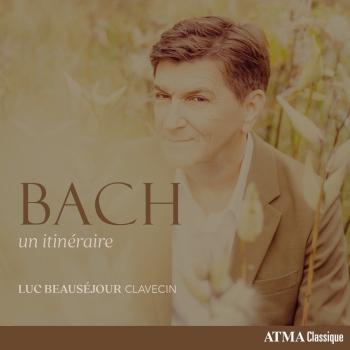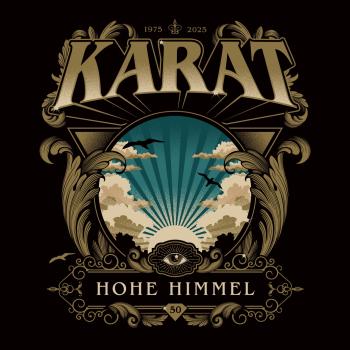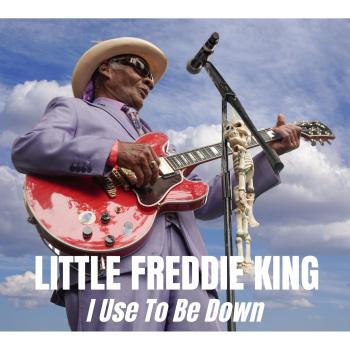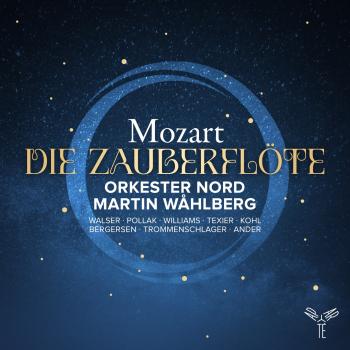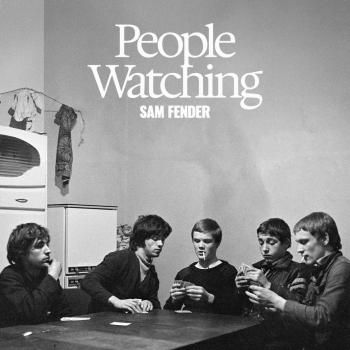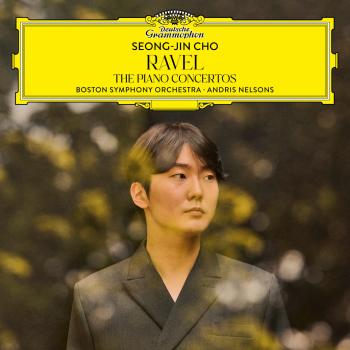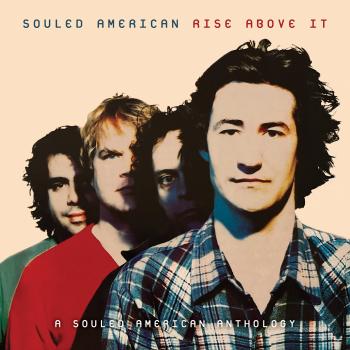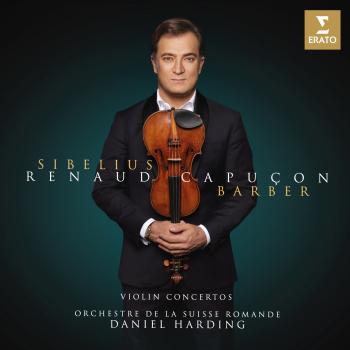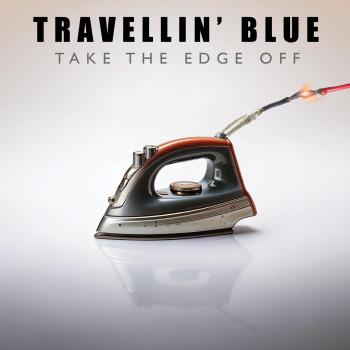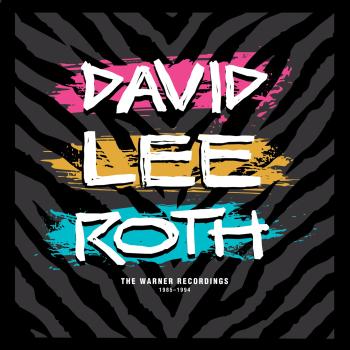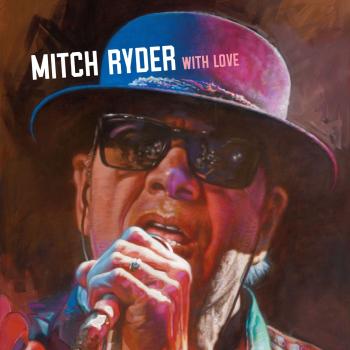
Quando cala la notte Corina Marti & Enea Sorini
Album info
Album-Release:
2016
HRA-Release:
22.02.2016
Label: Carpe Diem Records
Genre: Classical
Subgenre: Chamber Music
Artist: Corina Marti & Enea Sorini
Album including Album cover Booklet (PDF)
- 1 Ricercare 04:05
- 2 Oimé il cor, oimé la testa 04:26
- 3 Fuggi fuggi cor mio 02:51
- 4 La mia vaga tortorella 01:38
- 5 Animoso mio desire 01:43
- 6 Recerchada 02:39
- 7 Pavana - Il saltarello de la pavana - La coda 02:55
- 8 Nasce la speme mia da un dolce riso 05:47
- 9 O passi sparsi 02:44
- 10 Ripresa 01:43
- 11 Tu mi tormenti a torto 03:58
- 12 Recerchare 03:24
- 13 Surge da l’orizonte il biondo Appollo 02:23
- 14 Alijec Nademna Venus [= De là da l’aqua] 02:19
- 15 Deh chi me sa dir novella 06:40
- 16 Madame vous aves mon cuor 04:57
- 17 Pavana - Il saltarello de la pavana - La coda 04:47
- 18 Recerchada 01:59
- 19 Virgine bella che del sol vestita 02:29
- 20 Ecco che, per amarte, a quel ch’io arivo! 02:24
Info for Quando cala la notte
Die Cembalistin Corina Marti und der Tenor Enea Sorini präsentieren eine erlesene Auswahl italienischer Lieder und Cembalo-Solostücke.
Das ruhige und eher introvertierte Programm dieser CD enthält Frottole, Ricercare, Tänze und andere italienische Musik für Tasteninstrument, sowie sieben Lieder, in denen Corina Marti den Tenor Enea Sorini kongenial begleitet.
Die beiden Musiker erschaffen ein eigentümlich dunkelschönes, aber nie schwerfälliges Portrait dieser Musik, immer wieder aufgehellt durch fröhliche Tänze und warmherzige Lieder.
Corina Marti, Renaissance-Cembalo
Enea Sorini, Tenor
Corina Marti
specializes in performance on Medieval, Renaissance and Baroque flutes as well as the earliest keyboard instruments.
She was born in Switzerland, where she received her first two degrees in 'early music' (Renaissance/Baroque flute and in harpsichord).
However, her heart belongs to Medieval and Early Renaissance music. Passion for it has brought her to the Schola Cantorum Basiliensis from where she graduated with distinction under the guidance of Pierre Hamon and Kathrin Bopp. In 2003, she joined the faculty of Schola's Department for Medieval and Renaissance Music as a tutor for medieval flutes. She is frequently invited to teach master classes. She is artistic co-director of LA MORRA, Ensemble for Late Medieval and Early Renaissance Music (www.lamorra.info).
In addition to her work with LA MORRA, where she plays early flutes and keyboard instruments (clavicimbalum and clavicytherium), she enjoys performing Baroque and contemporary music and has appeared both as a soloist and with various ensembles (including Jordi Savall's Hesperion XXI) all over Europe and in Middle East. Apart from the CDs with LA MORRA, she has recorded seventeenth-century music from Lombardy and J. S. Bach's flute sonatas (with harpsichord player Alena Hönigova), as well as music from fifteenth- and early sixteenth-century German keyboard and lute sources (with Michal Gondko).!
Enea Sorini,
He was born in Urbino, Italy, on January 13rd, 1975.
He had his first contact with the world of music at the age of 8 when he was chosen to become a member of Pesaro Pueri Cantores chorus. This experience lasted about 15 years and enabled him to get into contact with ancient music and to develop a remarkable harmonic and polyphonic sense of voices.
After his secondary-school degree (as a cartoonist at Urbino School of Art) and his three-year degree (as a sculpturer at Urbino Academy of Art) , he moved to Pesaro and attended Gioacchino Rossini conservatoire where he got his three-year degree as a singer first (chamber and oratorio singing) and his degree as a baroque singer later.
At present he works together with Micrologus, a medieval music ensemble located in Assisi that plays in the most important European and American festivals. He is singer, drummer and psaltery player. Thanks to this co-operation he had the opportunity to work with the Belgian choreographer and dancer Sidi Larbi Cherkaoui whose shows are produced and distributed by Eastman Company of Anversa all over the world.
He is charter member of Urbino Bella Gerit ensemble, a group given to study and perform Renaissance repertoire. He is singer and instrumentalist and he is in charge of the record-making.
He is also cooperating with Les Musiciens de Saint Julien ensemble in Paris.
As to the baroque singing he took part in many productions and performances such as Eurydice by Peri, Piccolo Regio Theater in Turin – MITO Festival; Disgrazie d’amore by A. Cesti, Verdi Theater in Pisa; Serenata a tre RV 690 by A. Vivaldi, Rossini Theater in Pesaro; Vespro della Beata Vergine by C. Monteverdi and directed by Marco Mencoboni, Lisbon, Ambronay and Macerata Opera Festival; Adorazione dei Magi by C. Caresana and directed by A. Florio, Madrid; Farsa del Barba directed by D. Fasolis , TV project for Swiss RTSI.
He cooperates with Verdi Barocca in Milan.
Booklet for Quando cala la notte

